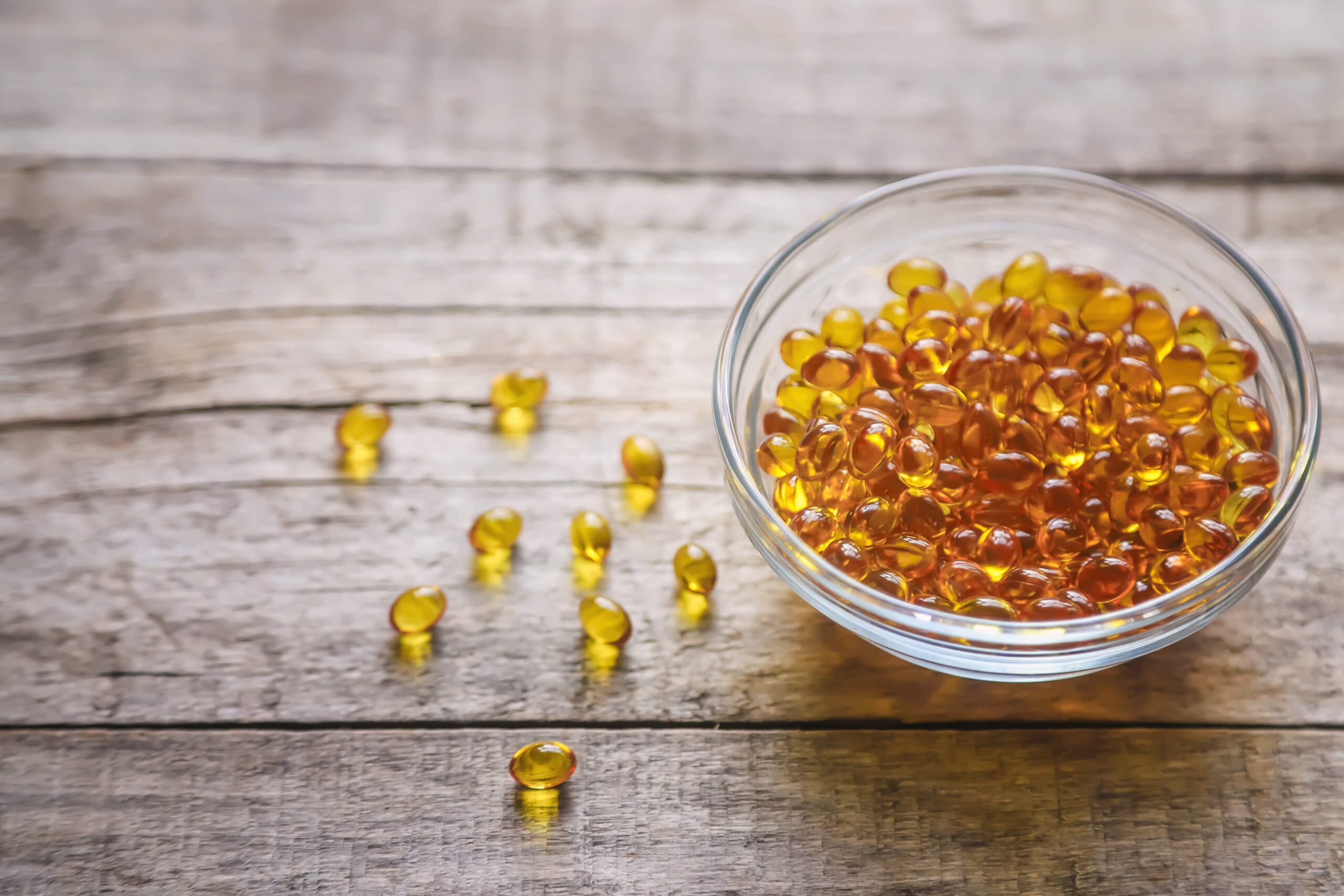Introduction
When it comes to maintaining optimal health, vitamins play a crucial role, especially for women. From boosting fertility to easing the transition through menopause, the right vitamins can make a significant difference. In this article, we’ll explore the various vitamins essential for women’s health at different stages of life and how they contribute to overall well-being.
The Role of Vitamins in Women’s Health
Vitamins are organic compounds that our bodies need in small amounts to function correctly. They are vital for growth, digestion, and nerve function. For women, vitamins are particularly important due to the various physiological changes they experience throughout their lives, such as menstruation, pregnancy, and menopause. A balanced diet rich in vitamins is essential for maintaining energy levels, boosting immunity, and promoting overall health.
Vitamins for Fertility
Vitamin D
Often called the “sunshine vitamin,” Vitamin D is crucial for reproductive health. It helps regulate the menstrual cycle and is essential for the development of healthy eggs. Vitamin D deficiency has been linked to infertility in women.
Folic Acid
Folic acid is vital for DNA synthesis and repair, making it essential for women who are trying to conceive. It helps prevent neural tube defects in developing fetuses and supports overall reproductive health.
Vitamin B6
Vitamin B6 plays a key role in regulating hormones and is beneficial for women trying to conceive. It can help alleviate symptoms of premenstrual syndrome (PMS) and improve mood.
Supplement Recommendation: To support fertility and overall women’s health, consider using Feminine Energy. It contains essential vitamins like Rhodiola Rosea, Shilajit, DIM, DHEA, Vitamin D3, Niacin, Vitamin B6, and Folic Acid, which boost immunity and can help with fertility and menopause.
Vitamins for Pregnancy
Iron
Iron is essential for making hemoglobin, the protein in red blood cells that carries oxygen to other cells. During pregnancy, women need extra iron to support the increased blood volume and to provide oxygen to the baby.
Calcium
Calcium is crucial for the development of the baby’s bones and teeth. It also helps maintain the mother’s bone density during pregnancy.
Omega-3 Fatty Acids
Omega-3 fatty acids are important for the baby’s brain and eye development. They also help reduce the risk of preterm birth.
Vitamin B12
Vitamin B12 is essential for the formation of red blood cells and the development of the baby’s nervous system. It also helps prevent megaloblastic anemia, which can occur during pregnancy.
Vitamins for Postpartum Health
Vitamin A
Vitamin A is important for maintaining healthy vision and skin. It also supports the immune system and helps repair tissues postpartum.
Vitamin C
Vitamin C is vital for the repair of tissues and the production of collagen. It also helps the body absorb iron from food, which is crucial after childbirth.
Zinc
Zinc plays a significant role in immune function, protein synthesis, and DNA synthesis. It is essential for healing and recovery postpartum.
Vitamins for Menstrual Health
Vitamin E
Vitamin E can help alleviate symptoms of PMS, such as cramps and breast tenderness. It also has antioxidant properties that protect cells from damage.
Magnesium
Magnesium helps regulate muscle and nerve function, which can ease menstrual cramps. It also supports energy production and reduces PMS symptoms.
Vitamin B Complex
The Vitamin B complex includes B1, B2, B3, B5, B6, B7, B9, and B12. These vitamins are crucial for energy production, hormone regulation, and reducing symptoms of PMS.
Vitamins for Menopause
Vitamin D3
Vitamin D3 is essential for calcium absorption and bone health. It helps prevent osteoporosis, which is a common concern during menopause.
Vitamin K
Vitamin K works in conjunction with Vitamin D to support bone health. It helps in the binding of calcium to the bone matrix.
Omega-3 Fatty Acids
Omega-3 fatty acids can help reduce the risk of heart disease, which is a higher risk during menopause. They also help reduce inflammation and joint pain.
Shilajit
Shilajit is a natural substance that can help manage symptoms of menopause such as fatigue, mood swings, and bone loss.
DHEA
DHEA is a hormone that decreases with age. Supplementing with DHEA can help improve energy levels, mood, and bone density during menopause.
The Importance of Antioxidants
Vitamin C
Vitamin C is a powerful antioxidant that protects cells from damage. It supports the immune system and skin health.
Vitamin E
Vitamin E also acts as an antioxidant, helping to protect cells from oxidative stress. It supports skin health and reduces the risk of chronic diseases.
Selenium
Selenium is a trace mineral that has antioxidant properties. It helps prevent cell damage and supports thyroid function.
Boosting Immunity
Vitamin C
Vitamin C boosts the production of white blood cells, which are essential for fighting infections.
Vitamin D
Vitamin D is crucial for the immune system. It helps modulate the immune response and reduce the risk of infections.
Zinc
Zinc supports immune function and helps the body fight off viruses and bacteria. It is also important for wound healing.
Mental Health and Vitamins
Vitamin B Complex
The Vitamin B complex supports brain health and reduces symptoms of depression and anxiety. It helps in the production of neurotransmitters.
Rhodiola Rosea
Rhodiola Rosea is an adaptogen that helps the body cope with stress. It can improve mood, reduce fatigue, and enhance mental performance.
Magnesium
Magnesium plays a role in neurotransmitter function and can help alleviate symptoms of depression and anxiety. It also promotes relaxation and better sleep.
Skin Health and Vitamins
Vitamin E
Vitamin E supports skin health by protecting it from oxidative damage. It helps maintain skin elasticity and moisture.
Vitamin C
Vitamin C is essential for collagen production, which keeps the skin firm and youthful. It also helps heal wounds and reduce inflammation.
Biotin
Biotin, also known as Vitamin B7, supports healthy skin, hair, and nails. It promotes cell growth and improves the skin’s barrier function.
Bone Health and Vitamins
Calcium
Calcium is crucial for maintaining strong bones. It helps prevent bone loss and reduces the risk of osteoporosis.
Vitamin D
Vitamin D enhances calcium absorption and supports bone health. It helps maintain bone density and strength.
Magnesium
Magnesium is necessary for bone formation. It helps convert Vitamin D into its active form, which aids in calcium absorption.
Heart Health and Vitamins
Omega-3 Fatty Acids
Omega-3 fatty acids help reduce triglycerides, lower blood pressure, and decrease the risk of heart disease. They also reduce inflammation.
Coenzyme Q10
Coenzyme Q10 supports heart health by improving energy production in cells. It also acts as an antioxidant, protecting the heart from damage.
Vitamin B12
Vitamin B12 helps reduce homocysteine levels, which is a risk factor for heart disease. It also supports overall cardiovascular health.
Supplementing Your Diet
Natural Sources of Vitamins
Incorporating a variety of fruits, vegetables, lean proteins, and whole grains into your diet can help you obtain essential vitamins naturally.
Benefits of Supplements
Supplements can help fill nutritional gaps, especially if you have specific health concerns or dietary restrictions. They ensure you get the necessary vitamins and minerals for optimal health.
Supplement Recommendation
For a comprehensive supplement that supports women’s health from fertility to menopause, consider Feminine Energy. It contains Rhodiola Rosea, Shilajit, DIM, DHEA, Vitamin D3, Niacin, Vitamin B6, and Folic Acid to boost immunity and support overall well-being.
Conclusion
Maintaining good health through all stages of life is essential for women. Vitamins play a critical role in supporting various bodily functions, from boosting fertility to managing menopause symptoms. By incorporating a balanced diet rich in essential vitamins and considering supplements like Feminine Energy, women can enhance their health and well-being.
FAQs
What vitamins are essential for women’s health?
Essential vitamins for women’s health include Vitamin D, Folic Acid, Vitamin B6, Iron, Calcium, Vitamin E, and Omega-3 fatty acids.
Can supplements replace a healthy diet?
No, supplements cannot replace a healthy diet. They are meant to fill nutritional gaps and support overall health, but a balanced diet is essential for obtaining a wide range of nutrients.
How do vitamins help with fertility?
Vitamins like Vitamin D, Folic Acid, and Vitamin B6 help regulate hormones, support reproductive health, and improve the chances of conception.
Are there any risks with taking too many vitamins?
Yes, taking excessive amounts of vitamins can lead to toxicity and adverse health effects. It’s important to follow recommended dosages and consult with a healthcare provider before starting any new supplement regimen.
How can I choose the right supplement?
Choose a supplement that meets your specific health needs, contains high-quality ingredients, and is backed by scientific research. Feminine Energy is a great option for supporting women’s health from fertility to menopause.
Related Posts
27/12/2024
How TongKat Ali Helps Women Achieve Hormonal Balance
Achieving hormonal balance is vital for every woman’s overall health and well-being. From energy levels to mood…
15/12/2024
Rhodiola Rosea: The Stress-Reducing Herb Every Woman Needs
Stress is an unwelcome guest in most women’s lives. Whether juggling a career, family, or personal wellbeing, it can…
03/12/2024
The Importance of Vitamin D3 for Women’s Health
Vitamins play a crucial role in maintaining women’s health, and among them, Vitamin D3 stands out. Known as the…
21/11/2024
Boosting Your Energy and Mood with Feminine Energy
In today's fast-paced world, many women find themselves juggling various roles, often putting their own wellbeing on…
09/11/2024
The Importance of Iron and Folic Acid for Women’s Health
Women’s health is a unique and vital area that requires special attention. As women go through various life stages,…
28/10/2024
Managing Menopause Symptoms Naturally with Supplements
Menopause is a natural phase in a woman’s life, but it often comes with a range of uncomfortable symptoms like hot…
16/10/2024
5 Reasons to Incorporate Feminine Energy into Your Daily Routine
In today's fast-paced world, we often focus on outward achievements and productivity, which is driven by masculine…
04/10/2024
How to Balance Hormones Naturally with Diet and Supplements
Hormonal balance is crucial for overall well-being. Whether you're dealing with mood swings, fatigue, or other…
22/09/2024
Essential Nutrients Every Woman Needs at Different Life Stages
Maintaining optimal health throughout various stages of life is crucial for every woman. Different life stages come…











